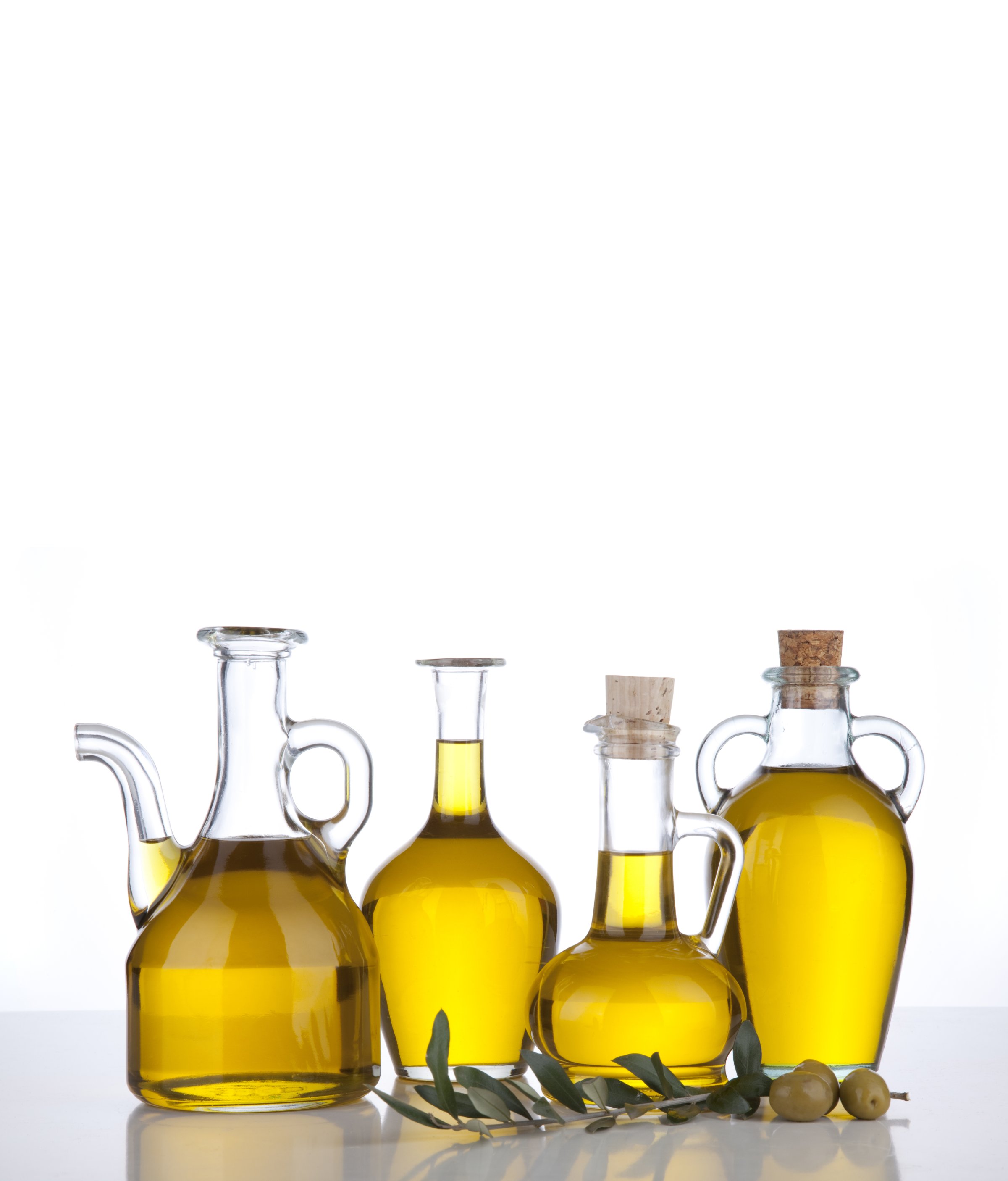
For broken rat hearts, nothing beats a healthy glug of olive oil.
That’s what new research published in the journal Circulation found when it looked at beating rat hearts riddled with heart failure, a condition that manifests itself in humans over time when chronic high blood pressure makes it harder for the heart to pump blood, making the heart grow bigger, thicker, and less effective. The heart becomes unable to metabolize and store the fat it needs to keep pumping—like an engine out of fuel, the study author says—and the fat it does manage to metabolize breaks down into toxic by-products that exacerbate heart disease.
MORE: Ending the War on Fat
It’s a complicated problem without an obvious quick fix, which is why researchers were surprised by what came next. To see exactly how fat moves around in the cells of these impaired hearts, they removed hearts from rats, kept them beating normally and put them in a strong magnetic field through a process called nuclear magnetic resonance spectroscopy. They delivered two types of fat directly to the hearts—either oleate, the kind of fat found in olive oil and canola oil, or palmitate, which is in dairy products, palm oil and animal fat. When the scientists followed the fat around, they found drastic differences in how the hearts reacted to the two fats.
QUIZ: Should You Eat This or That?


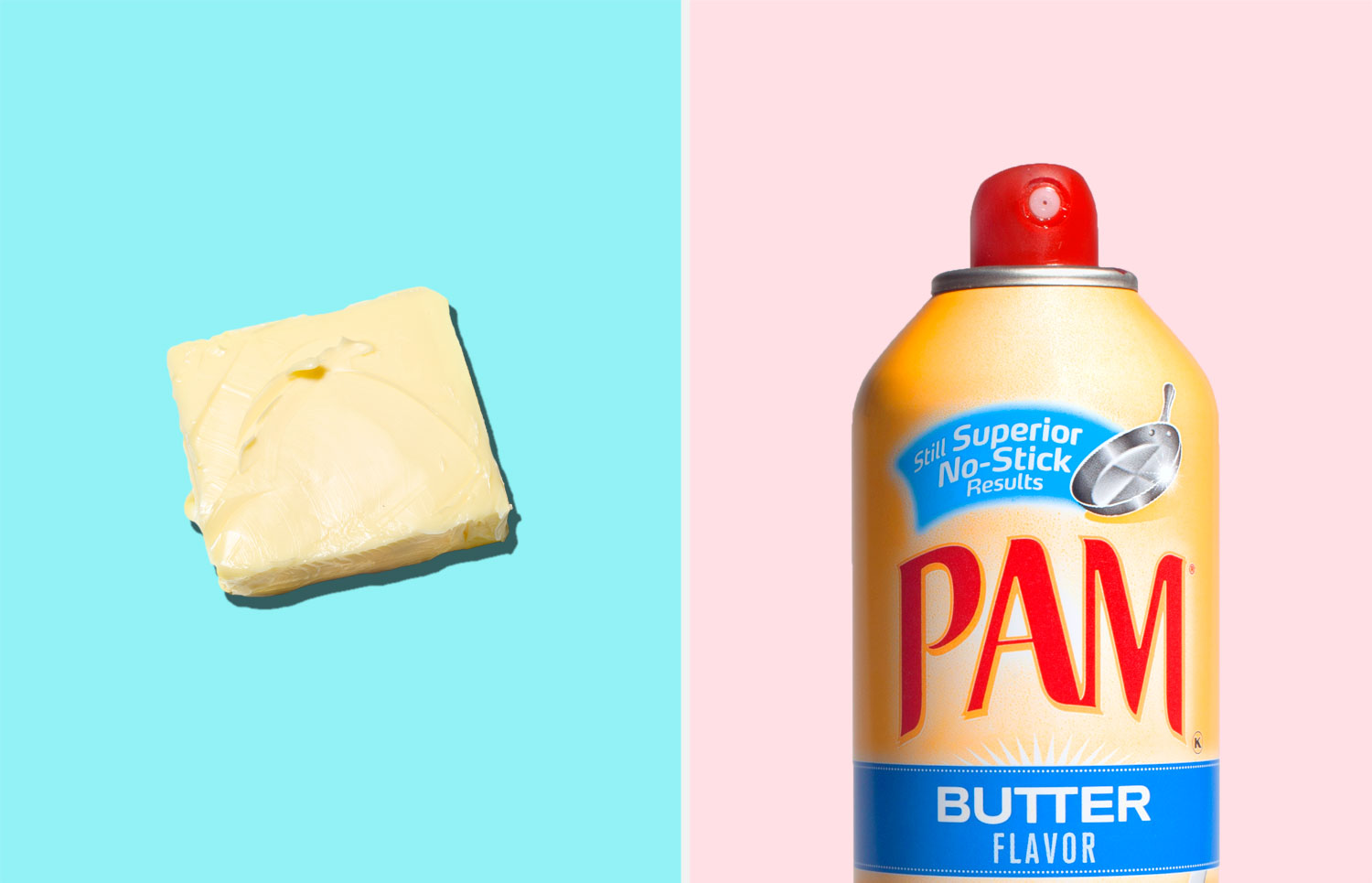
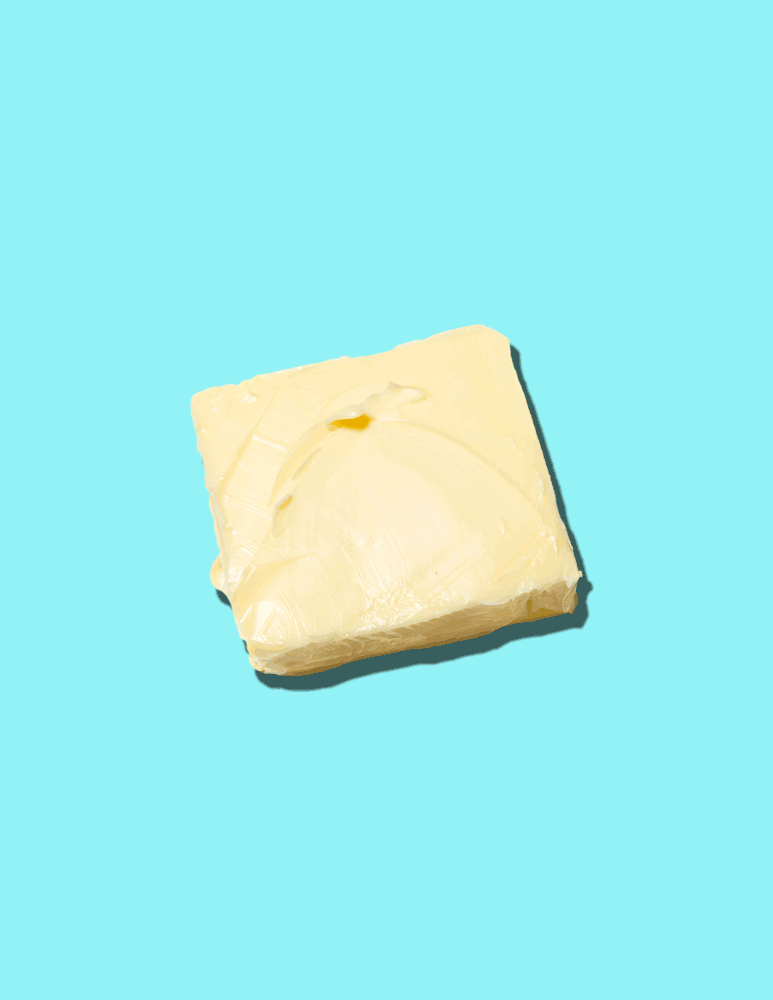
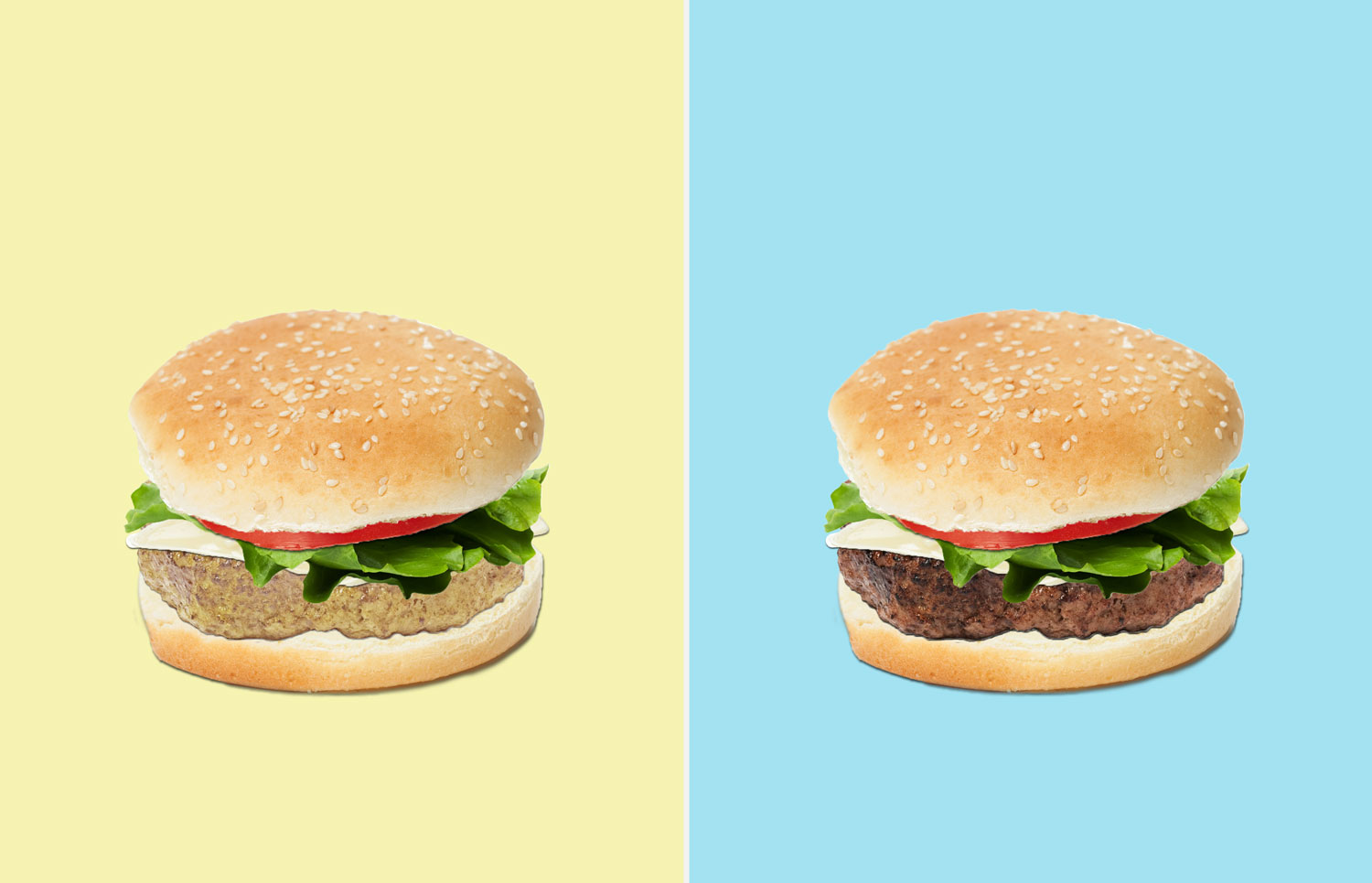

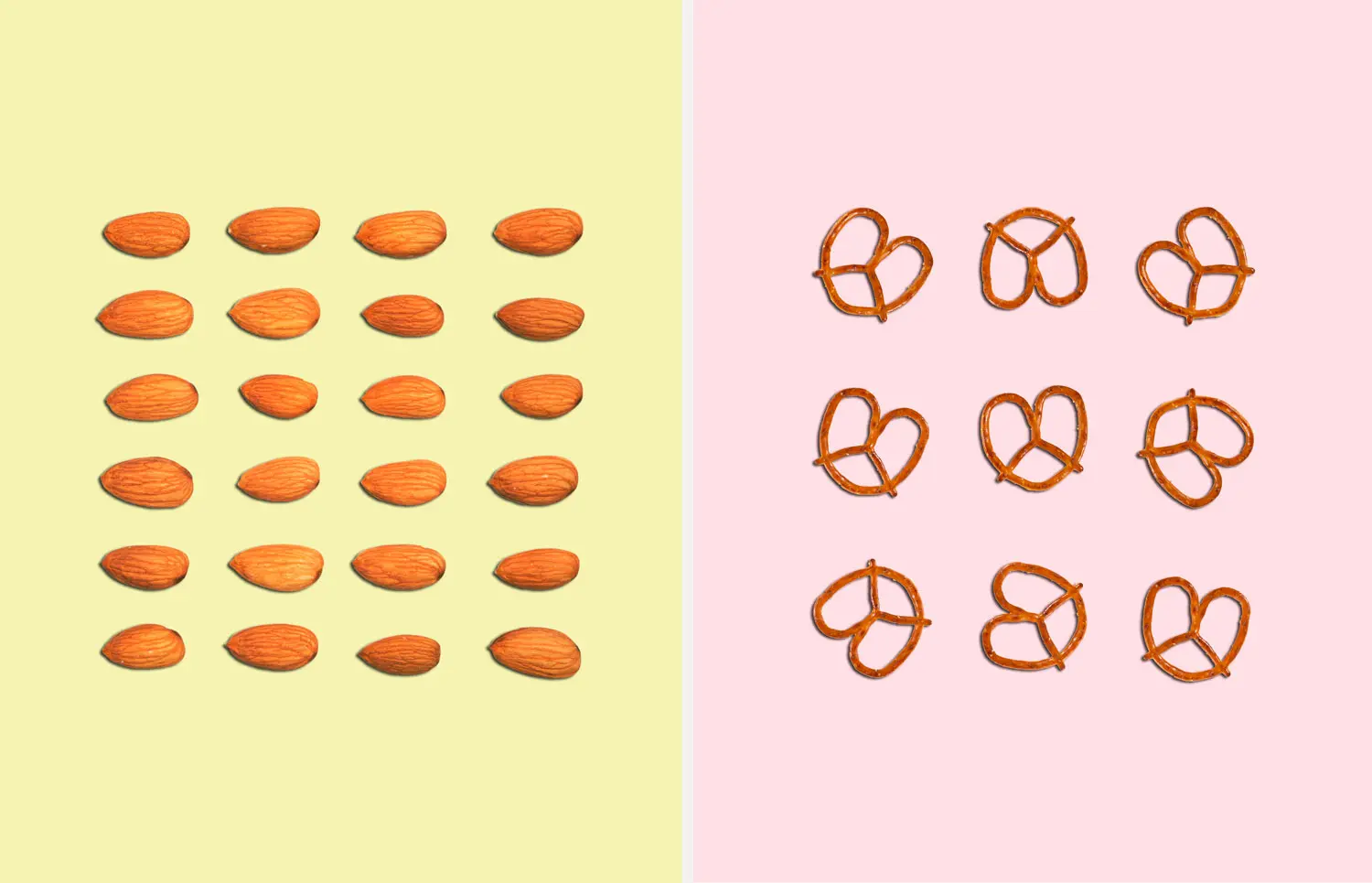
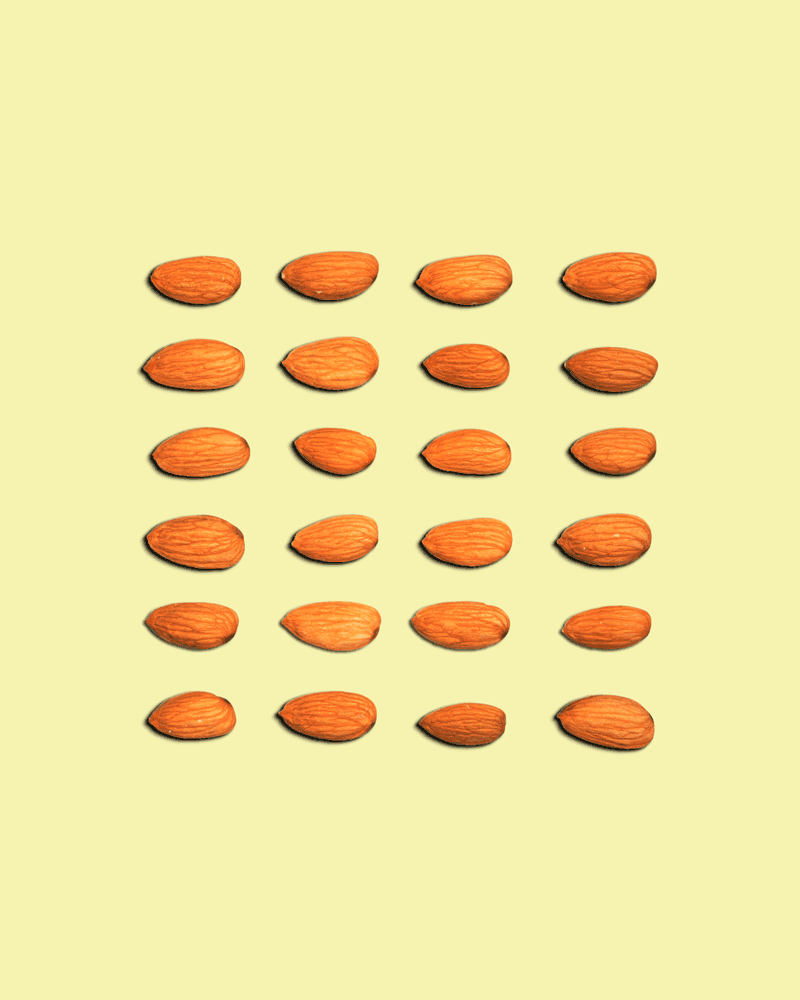
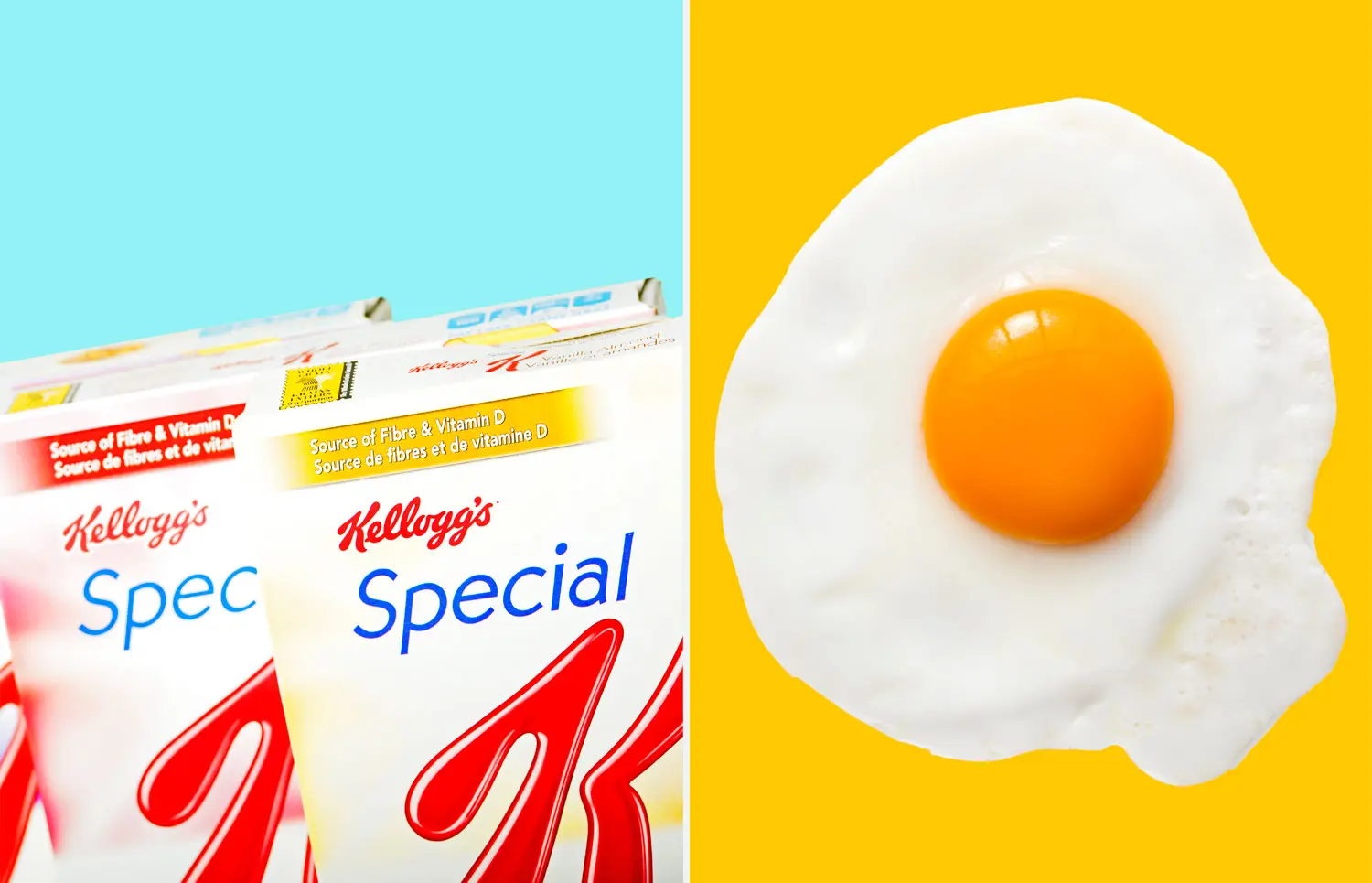

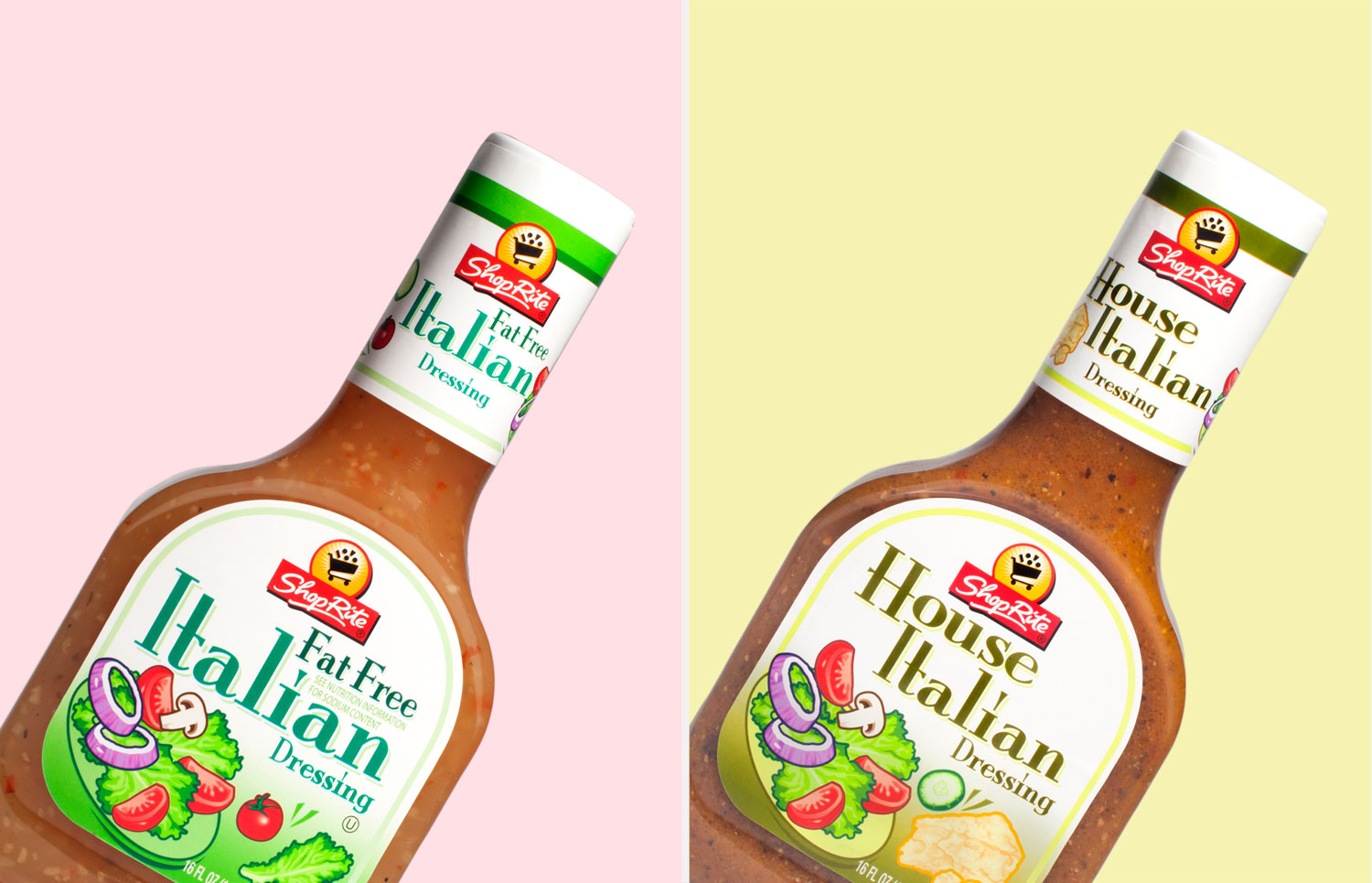
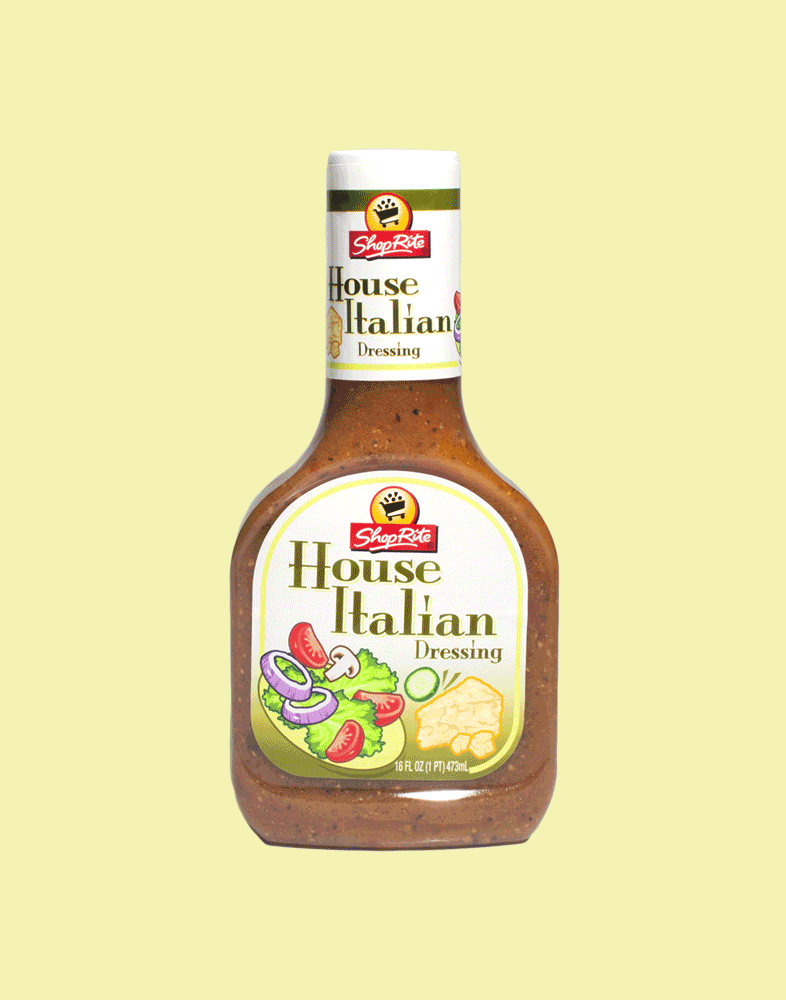


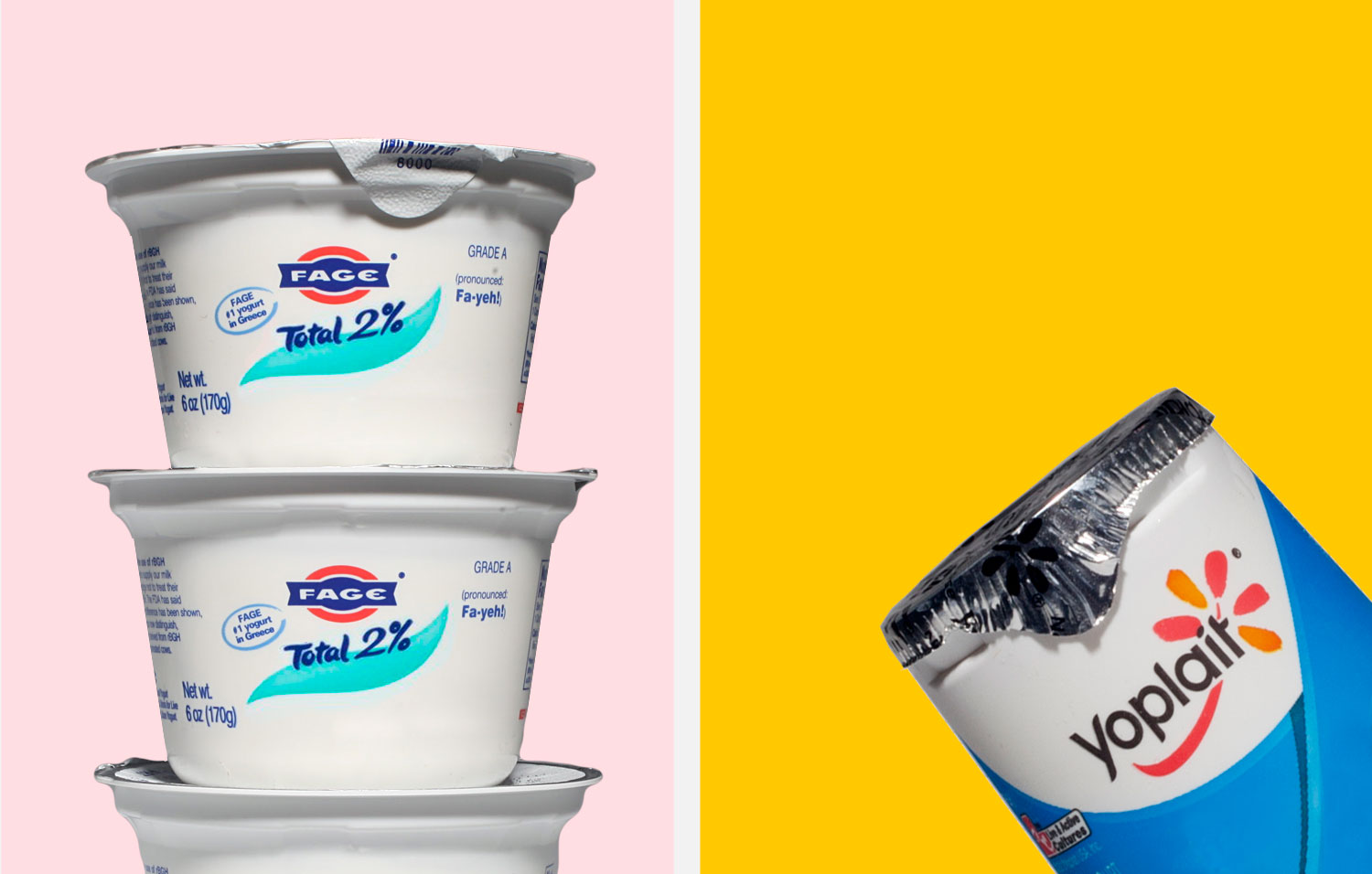

MORE: The Worst Times to Be Treated for a Heart Condition
“If we gave hearts that were failing palmitate, they basically looked like failing hearts,” says E. Douglas Lewandowski, study author and director of the University of Illinois at Chicago Center for Cardiovascular Research. Their fat metabolism and storage remained depressed and the hearts weren’t producing enzymes that would help metabolize fat. But when they gave the hearts oleate, they vastly improved. The presence of oleate completely restored the fat content in the cell back to normal, Lewandowski says, and the hearts contracted better and showed normalized genes that help in fat metabolism.
“We didn’t think it would have such profound effects,” Lewandowski says. “When we think about normalizing the metabolism, it’s so far upstream of so many disease processes that it’s very exciting.” In just half an hour, the fat induced all of these positive changes.
MORE: Can Olive Oil Help Prevent Stroke?
More research—especially on humans—is needed before imagining that oleate could help the failing hearts of people, but Lewandowski admits his study shows the potential for actual dietary therapeutic regimens. And the results might help partly explain why the Mediterranean diet is so heart-healthy. People who follow it have long shown lower rates of heart disease death and heart problems, and the good monounsaturated fats, like the kind in oleate, raises the good kind of cholesterol and lowers the less desirable kind. We’ll have to wait for the olive oil heart infusions, but in the meantime, here’s your latest excuse for heavy-handed drizzling.
More Must-Reads from TIME
- Why Biden Dropped Out
- Ukraine’s Plan to Survive Trump
- The Rise of a New Kind of Parenting Guru
- The Chaos and Commotion of the RNC in Photos
- Why We All Have a Stake in Twisters’ Success
- 8 Eating Habits That Actually Improve Your Sleep
- Welcome to the Noah Lyles Olympics
- Get Our Paris Olympics Newsletter in Your Inbox
Write to Mandy Oaklander at mandy.oaklander@time.com